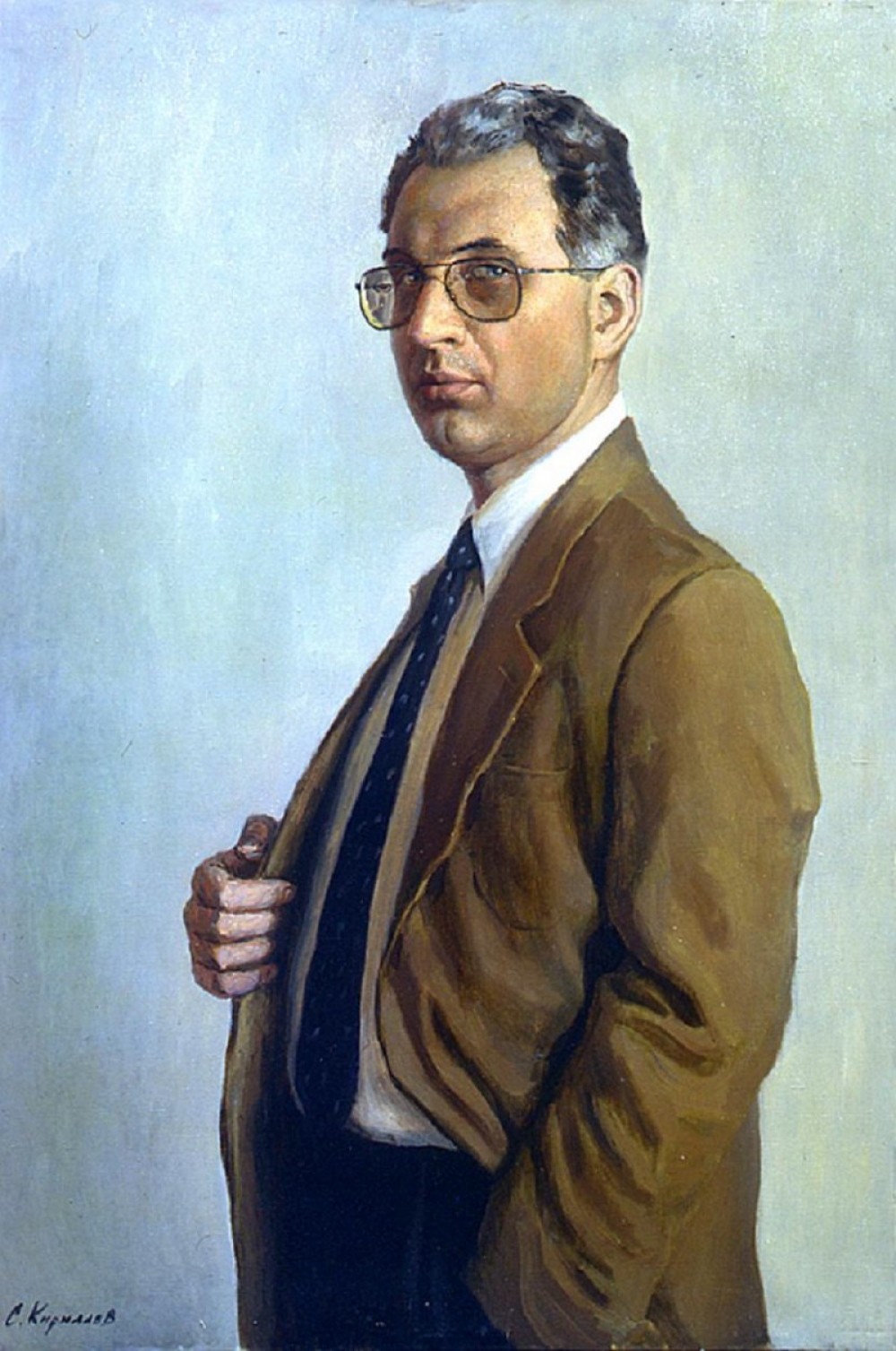Things happen in my head when I read Paul Krugman about the Great Divide that Emerged in Macroeconomics in the 1970s , 40 years and more ago, and all the sorry crazy mistakes that we economists are doing right this minute, not helping politicians to do the right choice.
He is right. He is definitely right when he sees all these wise, sober, moralizing men and women at center stage of policy-making and policy-advising:
But the question you should ask is how economists are doing compared with those who use other ways to understand the world, and in particular how they are doing compared with sober, serious, experienced men in suits. And it is precisely in disturbed times that economists can and sometimes do offer dramatically better predictions and policy judgments than what we normally consider wise men. What happened, in fact, was that to a large extent policy makers ended up going for economic doctrines that made them feel comfortable, that corresponded to the prejudices of men not versed in economics.
Thus, it’s normal to think of the economy as a whole as being like a family, which must tighten its belt in hard times; it’s also completely wrong. But lacking any clear message from the economists about how and why this is wrong, it became the common standard of discussion in America, where both Republicans and, alas, President Obama became very fond of the statement that the government should tighten its belt because families were tightening theirs.
It’s also normal to think of economics as a morality play, a tale of sin and redemption, in which countries must suffer for their past excesses. Again, this normal reaction is wrong, or at least mostly wrong – mass unemployment does nothing to help pay off debt. But absent clear guidance from the people who are supposed to explain that economics is not, in fact, a morality play, moralizing became the core of economic policy thinking in Germany, and hence played a huge role in European policy more generally.
Things happen in my head when I read this. I wonder what happened to the beauty of social sciences, of Economics. Krugman is wrong to criticize Bob Lucas, super neoclassical Nobel Prize (one thing in common with Krugman!). Bob Lucas’ models in the 80s were revolutionary and beautiful, clean and majestic. They even forced Keynesians to change the way they thought: even keynesian Krugman owes debt to Lucas.
 But just like after Keynes the keynesians after him wore the dark and boring suits of day-to-day economics – incapable of dealing with great crises like the 70s one - the neo-classicals after Lucas were nothing like him. They have become austere like austerity itself, no surprise they today (wearing boring grey or brown suits) ask endlessly for austerity and reforms. As if Lucas was about austerity and not about the beauty of man and his capacity to be better than grey-suit policy-makers, when he claimed against all dominating conventions that you could not fool people with predictable policies.
But just like after Keynes the keynesians after him wore the dark and boring suits of day-to-day economics – incapable of dealing with great crises like the 70s one - the neo-classicals after Lucas were nothing like him. They have become austere like austerity itself, no surprise they today (wearing boring grey or brown suits) ask endlessly for austerity and reforms. As if Lucas was about austerity and not about the beauty of man and his capacity to be better than grey-suit policy-makers, when he claimed against all dominating conventions that you could not fool people with predictable policies.
And the inadequacy of policy is something that should bother economists greatly – indeed, it should make them ashamed of their profession, which is certainly how I feel. For times of crisis are when economists are most needed. If they cannot get their advice accepted in the clinch – or, worse yet, if they have no useful advice to offer – the whole enterprise of economic scholarship has failed in its most essential duty. And that is, of course, what has just happened.
Krugman is right again. But.
 But a revolution is probably brooding somewhere. Crises are times when young unknown economists working in small university offices, away from power and consensus, draft the papers that will change the profession forever again. Somewhere, I know this, I know it for sure, some true descendant of Keynes, 25 or 28 years old, is working right now at his dissertation that will make Macroeconomics the science of colors and powerful ideas. Grey suits will disappear and a new Woodstock, 40 years and more after, will come.
But a revolution is probably brooding somewhere. Crises are times when young unknown economists working in small university offices, away from power and consensus, draft the papers that will change the profession forever again. Somewhere, I know this, I know it for sure, some true descendant of Keynes, 25 or 28 years old, is working right now at his dissertation that will make Macroeconomics the science of colors and powerful ideas. Grey suits will disappear and a new Woodstock, 40 years and more after, will come.
Thank you Mauro.